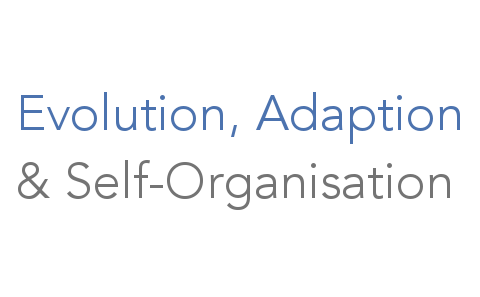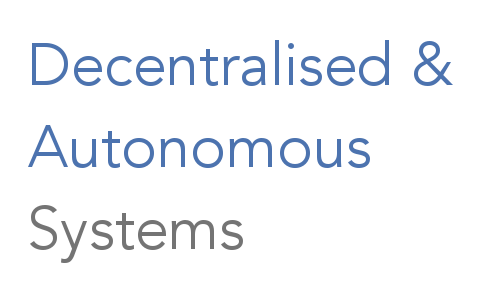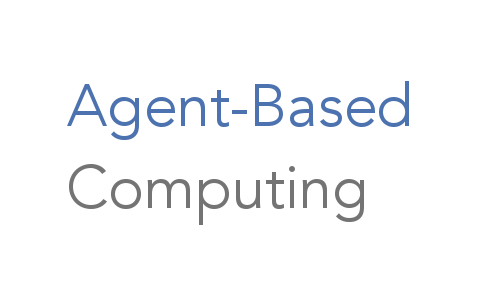Researchers from Electronics and Computer Science (ECS) at the University of Southampton will use bio-inspired algorithms and machine learning to develop fault-tolerant robotic swarms in a new scheme funded by the Engineering and Physical Sciences Research Council (EPSRC).
Assistant Professor Dr Danesh Tarapore from ECSââ¬â¢s Agents, Interaction and Complexity research group will lead the New Investigator Award project that will create groups that can rapidly detect faults and adapt to environmental changes, paving the way for real-world applications such as the monitoring of pollutants in large bodies of water.
Through close collaboration with project partners, the research will lead to the next generation of robot swarms, capable of sustained operation for extended periods of time without human intervention.
ââ¬ÅRobots are increasingly becoming an important part of our day-to-day lives, automating tasks like keeping our homes clean and packing parcels at large warehouses,ââ¬Â Danesh explains. ââ¬ÅOur aging population and the need to substitute human workers in dangerous and repetitive tasks mean that new tasks are emerging on the horizon, such as automation in agriculture and environmental monitoring. This will require robots to do more and work in large-numbers as part of a swarm, acting over vast areas and efficiently performing their mission.
ââ¬ÅHowever, robot swarms to date are not prepared for deployment; unable to deal with the inevitable damages and faults sustained during operation, they remain frail systems that cease functioning in difficult conditions. The goal of this project is to remedy this situation by developing algorithms for robot swarms to rapidly - in no more than a few minutes - recover from faults and damages sustained by robots of the swarm.ââ¬Â
Existing fault-tolerant systems for robot swarms can only diagnose issues anticipated in advance by the designer. Danesh proposes robotics move beyond these traditional approaches as it is not possible to predict all the scenarios a swarm may encounter while operating in complex environments for extended periods of time. His new project, titled ââ¬ËRapid fault-recovery strategies for resilient robot swarmsââ¬â¢, will lay the foundations for future robotics through the development of data-efficient machine-learning and nature-inspired computing algorithms.
The new approach will enable robots to adapt their behaviour to sustained faults within the swarm by learning through trial-and-error new compensatory movements that work despite the faults. The resulting system of working swarm behaviours would open up new applications for long-term deployment, with Danesh already planning a swarm of autonomous surface vehicles that can monitor large bodies of water for pollutants.
EPSRCââ¬â¢s New Investigator Award is a new scheme that supports researchers who have recently entered their first academic lectureship position. Danesh becomes the first researcher in Southamptonââ¬â¢s Faculty of Physical Sciences and Engineering to receive the award, which will provide ã250,000 over the next two and a half years, and will collaborate with the Southampton Marine and Maritime Institute as well as project partners ASV Global, MBDA UK Ltd and INRIA Lorraine.







